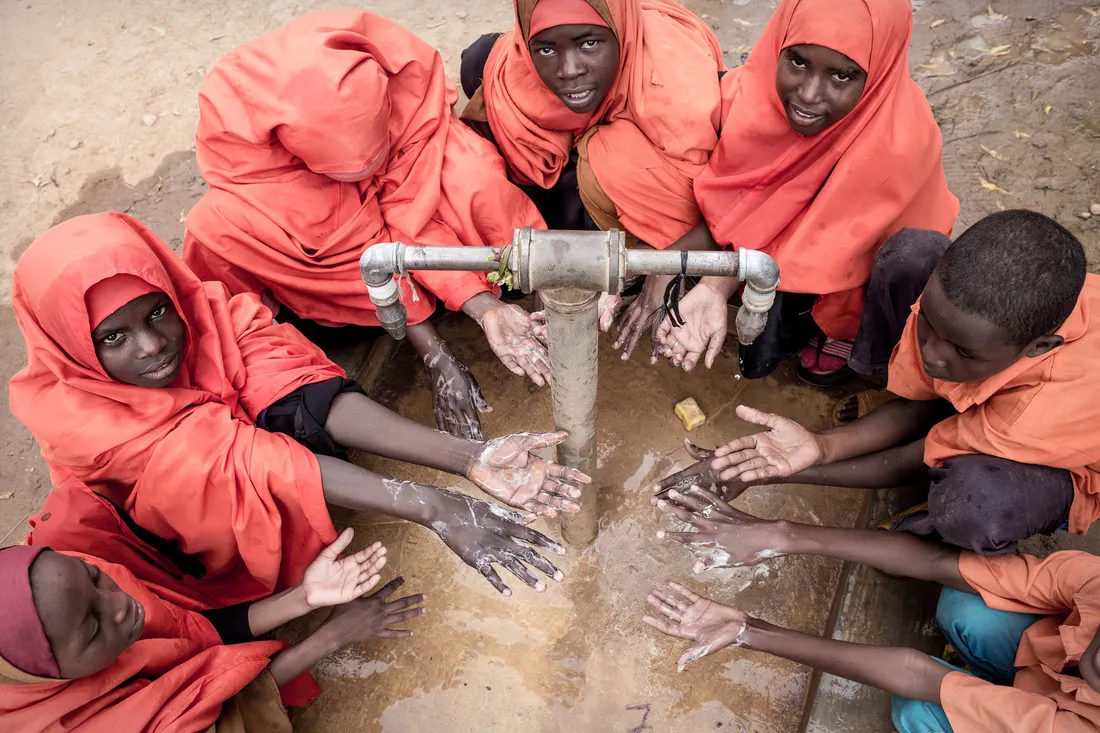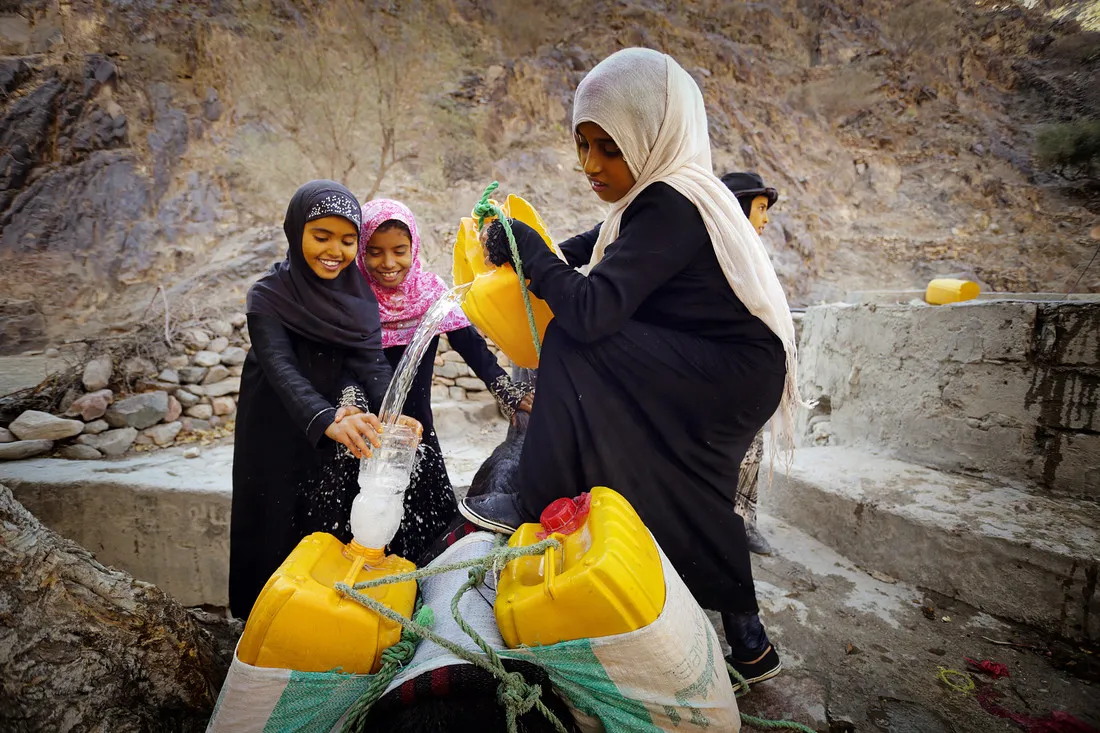Strengthening Systems
CARE commits to sustainable water services that benefit people for years to come. A key component of this commitment is reinforcing the local system – the people, structures, and policies that are fundamental to sustaining those services. CARE works with government, private sector, and other partners at the community, regional, and national level to strengthen collective capacity for planning, finance, monitoring, and management. We work with people and institutions to think about how they make sure they have the skills and resources to manage, maintain, and pay for a continued supply of safe water and sanitation over time.
Water Smart Agriculture
Water Smart Agriculture (WaSA) focuses on making sure people have water not just to drink, but also to grow food. To do that, we look at how to make the soil healthier so it can hold more water. We also look at rainwater harvesting, re-using wastewater, and supporting small-scale irrigation. WaSA’s aim is to improve the capacity of (mostly women) farmers, to increase food production and be more food-and water secure by adopting WaSA technologies and practices.
Water Conservation and Climate Resilience
Threats to water security come from many places, including climate change, economic insecurity, social inequality, and countless others. That’s why in addition to water, sanitation, and hygiene, we embed our Water+ work within CARE’s programming on food systems and climate change adaptation. Our focus is to protect the watersheds and water resources that sustain communities, including their food and livelihoods, in the long term. From setting up rainwater harvesting systems to installing new water monitoring technologies, we use both time-tested and innovative solutions to conserve water in the face of varied and unpredictable threats.


